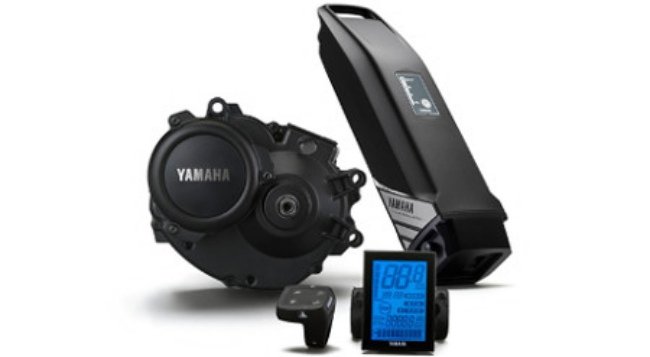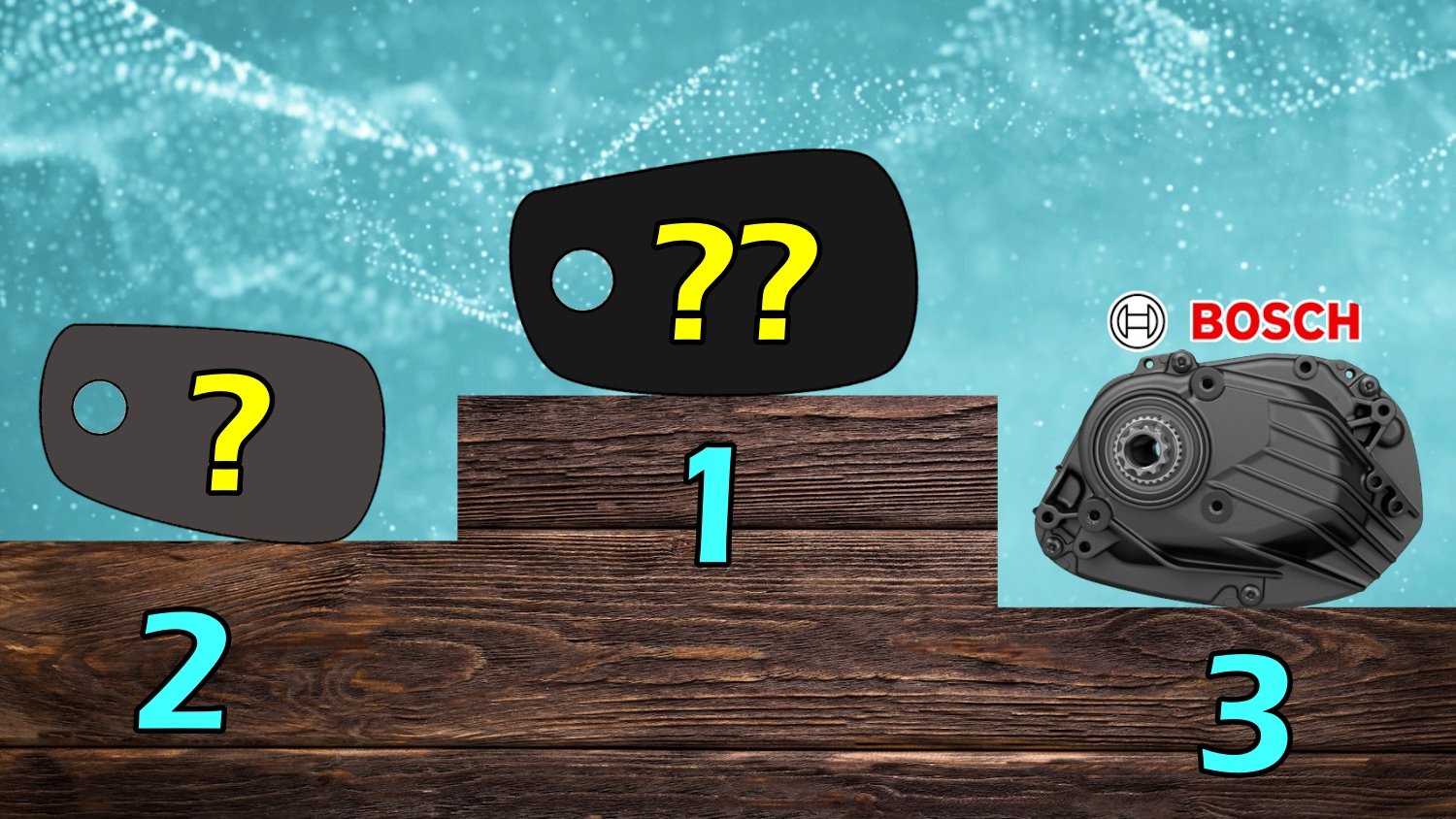A poll was posted on a big Norwegian emtb facebook group. There are limitations to facebook surveys, but the guy posting it found a nice solution. People got to vote on the brand they own and if they ever had the motor replaced under warranty. The facebook group and poll are mainly about factory built emtbs, not DIY ebikes. I'll get back to any weaknesses with such a poll at the end of this article. First let's focus on the results.

There is just too little data for the 5 motors with the least votes, so I'm ignoring them. But you might disagree, feel free to interpret the data as you wish. I declare Yamaha and Bafang the winners. Sure, some of the Bafang motors could be used in DIY builds which makes it more difficult getting a new one under warranty. But factory brands such as Forestal and Elife (Norwegian) are represented here. Yamaha and Bafang offer spare parts so their motors can more easily be repaired. This means the error rate could be higher than indicated here. The motors might have been repaired rather than swapped.
One could argue a few percent below or above the average isn't significant. But it's 5% separating Shimano and Bosch, and there are about 600 data points for these two brands. I think that's pretty robust and a good indication that Bosch motors have been more reliable.
But this doesn't mean you'll get a more robust motor if you buy a Bosch-powered bike over one with Shimano in 2025. Both Bosch and Shimano have released new motors lately. My impression is Bosch struggled the most with the CX gen2 while Shimano struggled with the E7000 and the EP800 version of the EP8. These motors are gone now, but they likely make a considerable impact on this poll. Due to limitations in the poll, people weren't asked which specific model they own.
It's worth considering that ebikes have 5 years of warranty in Norway. That will inflate the error ratio. If the same question had been asked in a country with 2 years of warranty. The ratio of warranty swapped motors would very likely be lower. Sure, a 5-year warranty is a blessing. But it can also be a curse. No one will have a 3rd party servicing their motor as that will void the warranty. And after 5 years have passed, the motor might very well be too worn and damaged to be serviceable.

One in four motors have been replaced!
Data for 817 motors was collected in this poll. Out of these, 201 motors have been replaced under warranty. That sounds like a lot, but I will offer an explaination later in the article.There is just too little data for the 5 motors with the least votes, so I'm ignoring them. But you might disagree, feel free to interpret the data as you wish. I declare Yamaha and Bafang the winners. Sure, some of the Bafang motors could be used in DIY builds which makes it more difficult getting a new one under warranty. But factory brands such as Forestal and Elife (Norwegian) are represented here. Yamaha and Bafang offer spare parts so their motors can more easily be repaired. This means the error rate could be higher than indicated here. The motors might have been repaired rather than swapped.
The battle of the big three
Bosch, Shimano and Brose are by far the three biggest motor brands in this poll. Bosch accounts for over 40% of the motors while Shimano accounts for 30%. Bosch has the lowest error rate of 22% while Shimano is closer to 28%. And then there's another bump up to almost 32% for Brose, which mainly consists of Specialized bikes.|
|
|
|
One could argue a few percent below or above the average isn't significant. But it's 5% separating Shimano and Bosch, and there are about 600 data points for these two brands. I think that's pretty robust and a good indication that Bosch motors have been more reliable.
But this doesn't mean you'll get a more robust motor if you buy a Bosch-powered bike over one with Shimano in 2025. Both Bosch and Shimano have released new motors lately. My impression is Bosch struggled the most with the CX gen2 while Shimano struggled with the E7000 and the EP800 version of the EP8. These motors are gone now, but they likely make a considerable impact on this poll. Due to limitations in the poll, people weren't asked which specific model they own.
|
|
|
My comments on the data
The data is very likely dominated by older and discontinued models. Still, I think the data for the top 5 brands is of some interest. The remaining 5 brands have received very few votes, and I can't draw any conclusions based upon that. Also, we get an impression of market share, which is nice.It's worth considering that ebikes have 5 years of warranty in Norway. That will inflate the error ratio. If the same question had been asked in a country with 2 years of warranty. The ratio of warranty swapped motors would very likely be lower. Sure, a 5-year warranty is a blessing. But it can also be a curse. No one will have a 3rd party servicing their motor as that will void the warranty. And after 5 years have passed, the motor might very well be too worn and damaged to be serviceable.

